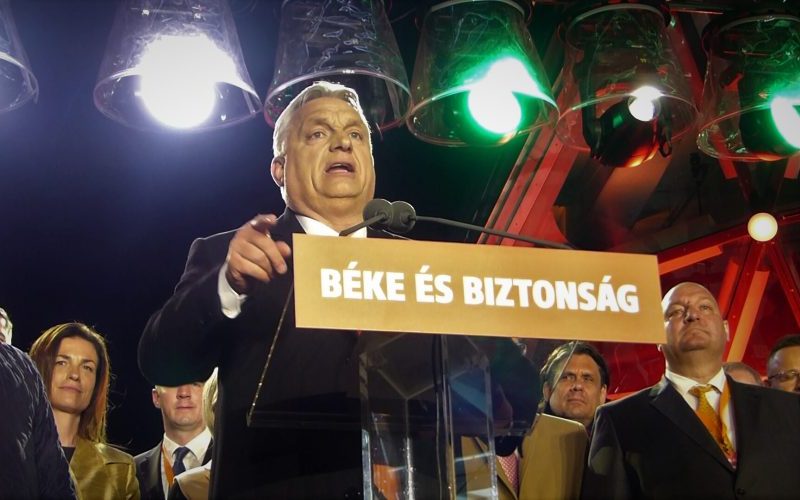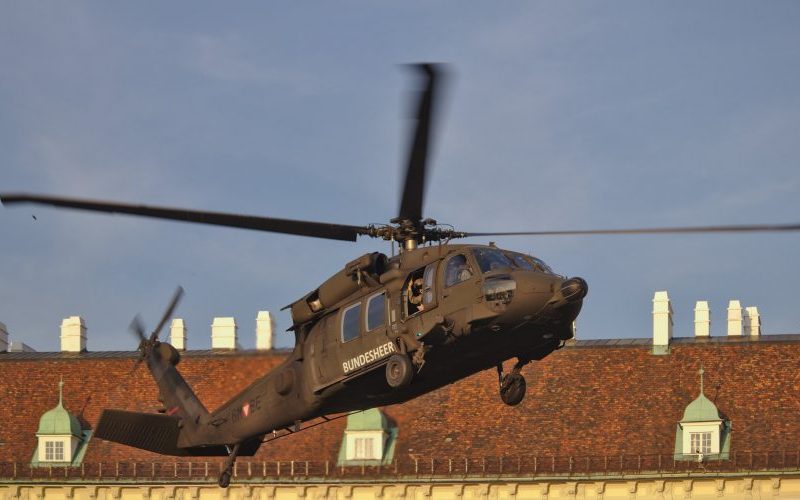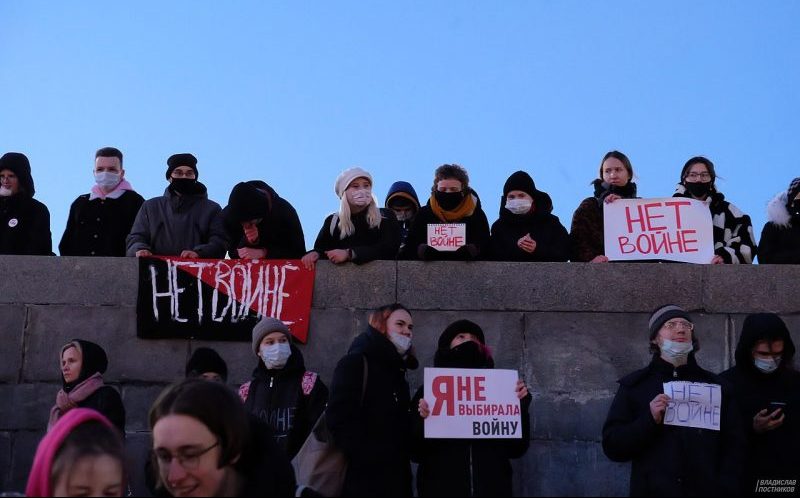
How Orbán Exploits Russia’s War in Ukraine for Domestic Political Gains
Hungarian Prime Minister Orbán’s controversial stance on Russia’s war in Ukraine helps, primarily, himself. His anti-Ukrainian rhetoric as well as positioning himself as a “pro-Peace” force in Europe and protector of Hungarians bring him – duly needed – domestic plus points.

Is it time to finally rethink Austria’s “permanent neutrality”?
Austria’s longstanding tradition of permanent neutrality is an integral part of the country’s identity and its approach to international politics. However, the flimsy and incoherent interpretation of it not only demonstrates that there is little consensus on how its neutrality policy should be exercised but also makes it a useful smokescreen to justify politicians’ behaviour and connections to certain states, such as Russia. As Sweden and Finland are giving up their neutrality to join NATO, some argue, it is time to rethink Austria’s neutrality too and finally develop a coherent neutrality policy.

Breaking the Silence: Expressing Dissent in Russia
Russian anti-war protests are unlikely to force the government to change its course. But still, it is important to speak out and build solidarity networks. Even in an atmosphere of constant fear and uncertainty, there are various ways to show dissent. The goal of these actions is not necessarily to go viral but to notice each other and draw attention to the ongoing war. People undertaking actions on a smaller scale do not deserve less respect than others and they should receive more attention.

